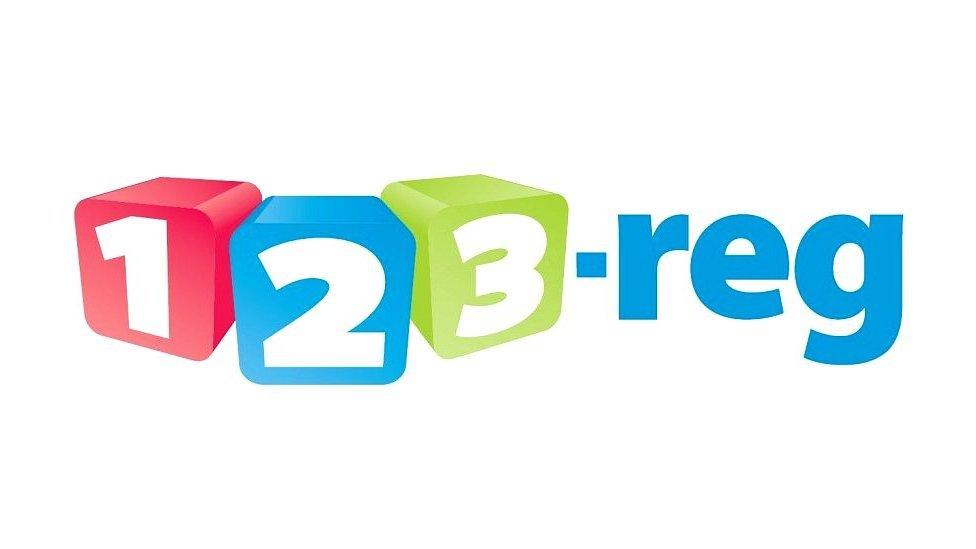From wetsuits to wine: Small firms embrace the cloud
- Published

Wetsuit Outlet's Ian Homan says cloud services help his firm offer a "first-class service"
Baacco describes itself as a "cloud-first business", which may seem strange for a firm selling and delivering bottles of wine.
Co-founder Tai Alegbe reckons the London-based marketplace could not have gained customers in the UK, France, Germany, Belgium and Spain without tapping in to around 25 cloud-based tools.
"Cloud-based services and platforms have been central to our success to date and we consider them as integral to our future," he says.
Baacco is one of a growing number of small firms outsourcing a range of business functions to online service providers.
More than three quarters of US-based small businesses expect to have fully adopted cloud technology by 2020, according to a study by Emergent Research and Intuit.
No wonder the value of the global retail cloud market rose from $4.2bn in 2011 to $15.1bn (£10.5bn; €13.3bn) in 2015, according to research by consultancy firm, Accenture.

Baacco says cloud services have been "central" to its success
Baacco uses the cloud to help with everything from processing payments to sharing documents between the team, says Mr Alegbe. It also helps ensure that "international users of our platform have the same experience as UK customers."
Analytical tools from companies like Mixpanel, Crazy Egg and Google Analytics have been instrumental in helping Baacco grow the business overseas, says Mr Alegbe.
"They allow us to build, measure and learn about our customers far quicker than any other method," he says.
For example, when the company realised they had higher-than-usual drop-offs at the checkout from its French and Spanish consumers, they analysed the data provided by cloud-based tool Crazy Egg and learnt that they were being put off by the unfamiliar payment logos.
Globally integrated
"The cloud provides a more affordable, flexible and scaleable platform that greatly enhances small retailers' opportunities to manage, share and control its data - and function like a globally integrated enterprise," says Vish Ganapathy, vice president and chief technology officer at tech giant, IBM.
Rather than installing and maintaining software on computers kept on your own premises, it makes sense to buy in services from the cloud, from accounting to web hosting, inventory management to marketing.

More Cloud Computing features from Technology of Business


John Engates, chief technology officer at cloud hosting firm Rackspace, says cloud technology gives small retailers the power to open a shop front to the world.
"By using a range of services they can host data in any location, which reduces network latency [delay] and allows for a high performance site. This is vital for online retailers who must now view their potential customer base as global if they want to beat their competitors."
'First-class service'
Sports clothing retailer Wetsuit Outlet uses cloud services via a private cloud infrastructure hosted and managed by Rackspace.
One of those services, Google Translate API, ensures customers accessing its French, German, Spanish and Italian websites can read the same product descriptions.
"It does this in real-time and appears sub-seconds later across our international websites," says Wetsuit Outlet co-founder, Ian Homan.

Wetsuit Outlet can update product descriptions in several languages at the touch of a button
"We could do this manually but we have thousands of products and it's easy to just connect to Google's infrastructure through the cloud."
Mr Homan believes the cloud has enabled Wetsuit Outlet to become a serious global retailer.
"For us, cloud technology is not about the reduction in cost, it is to ensure we can connect to and deliver a first-class service to all our customers globally every step of the way, from sourcing products and advising customers through to dispatching goods to them."
Storing your data in the cloud it means staff can have access to the same up-to-date information wherever they are in the world.

Could moving to the cloud make the sun shine on your business?
For example, accessories brand Skinnydip London built a customised online system enabling management to track sales and stock levels across its two stores, concessions and website.
Stored in the cloud, it meant that co-founder Lewis Blitz could check in and review the company performance as he was holidaying in Mexico.
"I was able to access the sales figures and check stock levels all at the touch of the button rather than having to make 10 phone calls and send lots of emails," he says.
'Nightmare stories'
The cloud does have its drawbacks, though, if you're not careful about who you sign up with or the kind of contract you have.
"I've heard nightmare stories of companies setting themselves up with software-as-a-service with renewal based on a credit card, which subsequently expired and the account was deleted with all data lost," says Mark McArdle, technology consulting director at consultancy firm PwC.

Can you trust your cloud service provider to keep your data safe?
"It's important to remember that you're licensing services, so the moment you stop paying, you lose access."
Web hosting firm 123-reg recently deleted a number of its customers' websites after a "clean-up" operation of its virtual private servers went wrong following a coding error.
Gartner research director Chris Pang sounds further warning bells, advising businesses to maintain and keep secure their own firewall.
"Hackers and threats are only going to become more sophisticated and they will exploit the weakest points of entry - be it technology or human factors, so just because you are moving services to cloud, doesn't mean you're moving every responsibility to a third party.
"Ultimately it's your data and brand which will be at risk."
Small businesses looking to expand overseas can certainly benefit from the cloud, but they just need to make sure they don't get their heads stuck up there.
Technology of Business will explore cloud security in a later feature in this series.

Follow Technology of Business editor Matthew Wall on Twitter, external